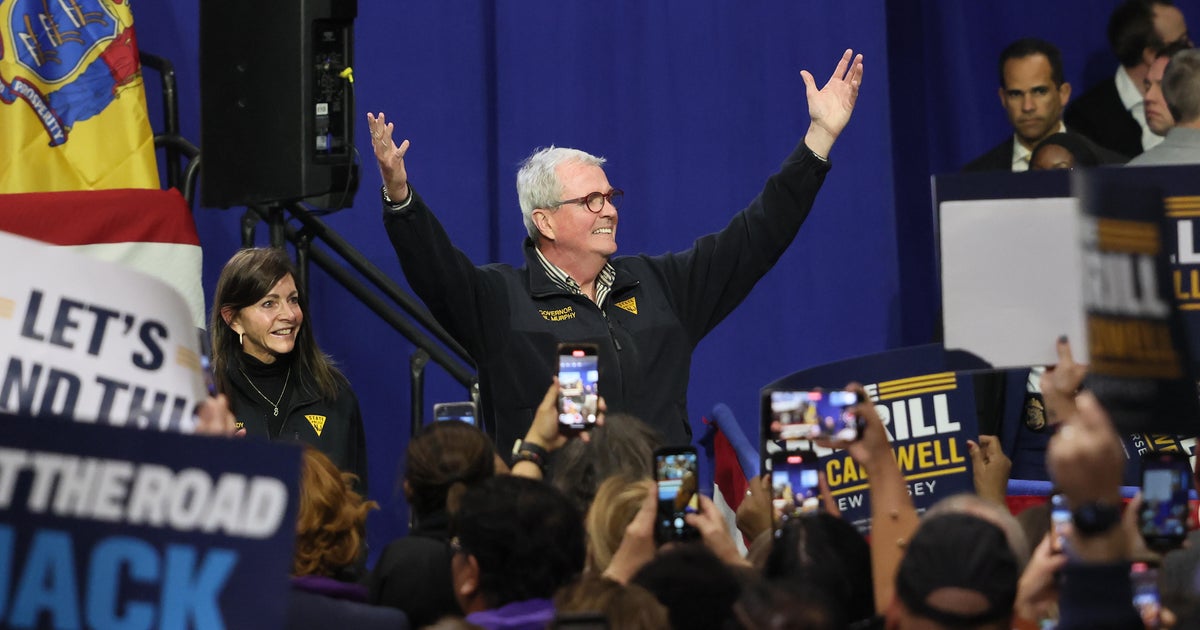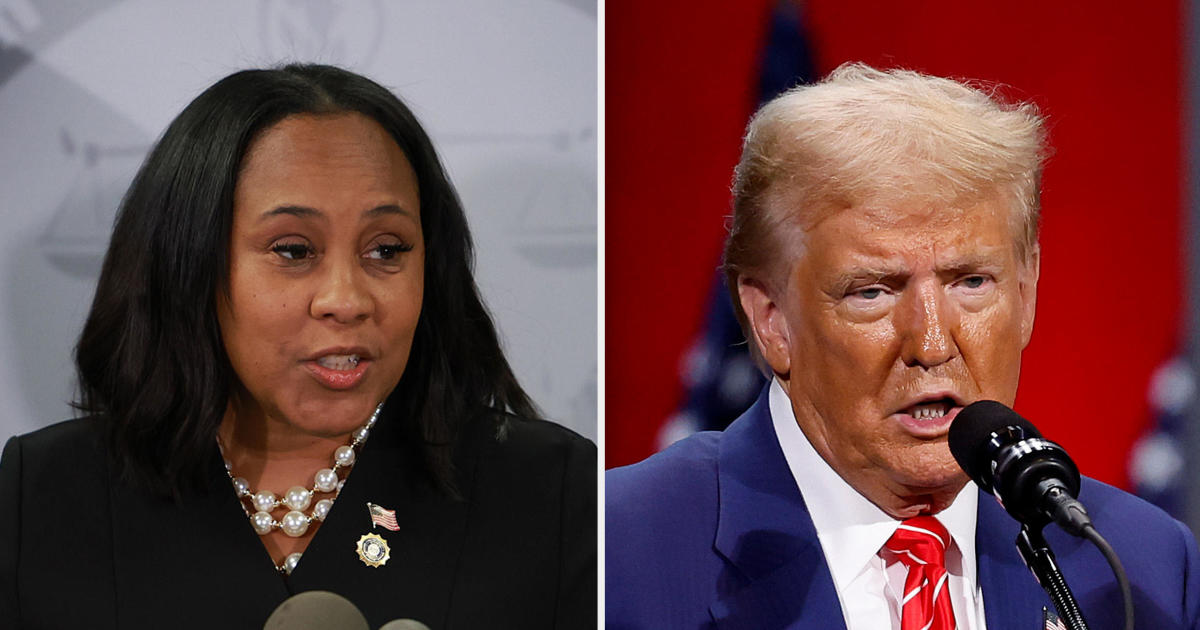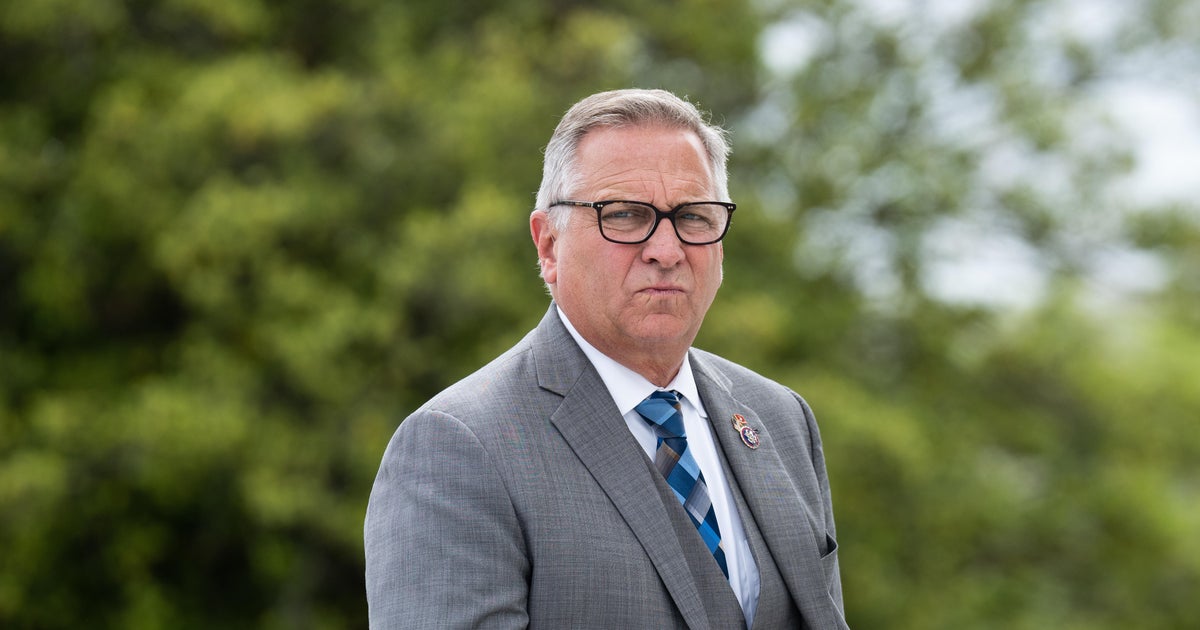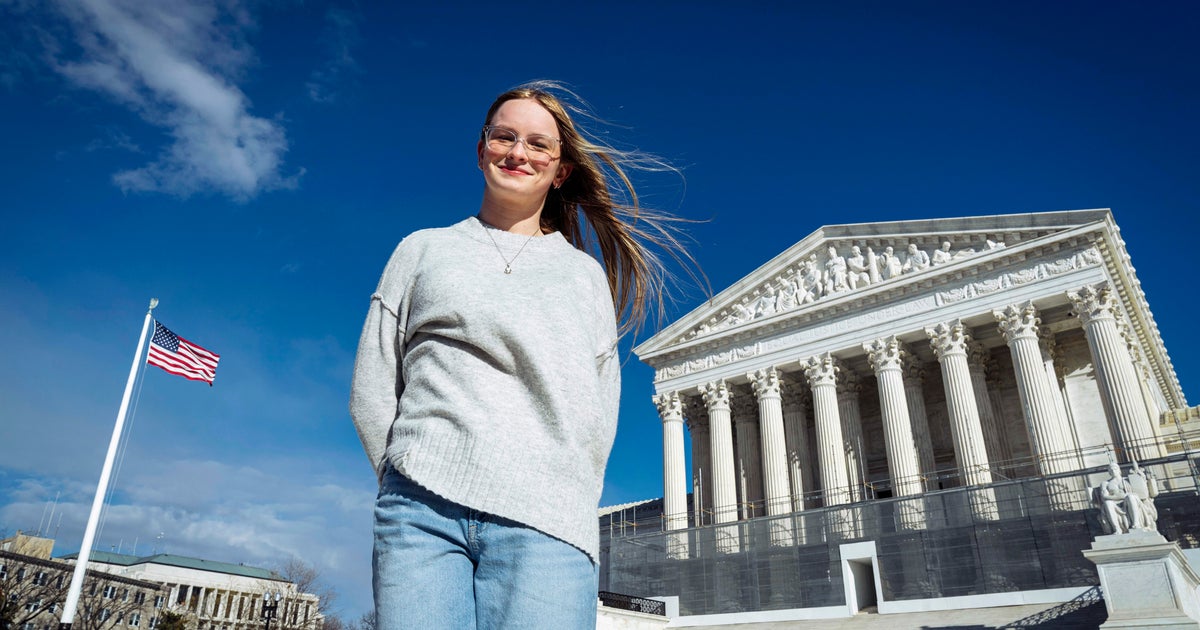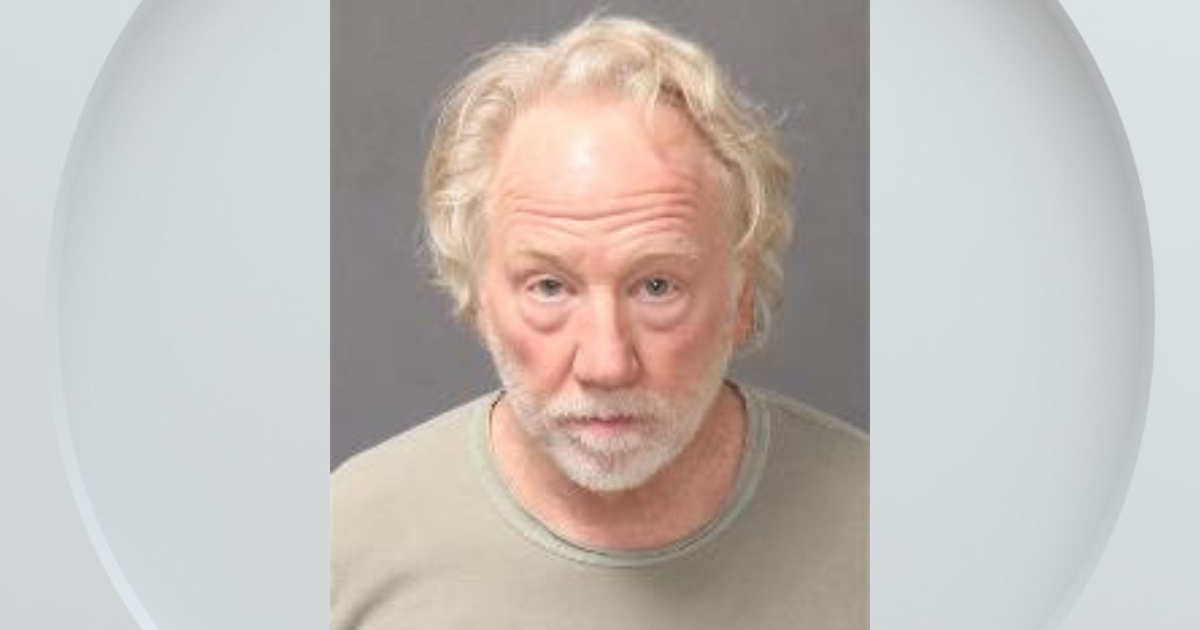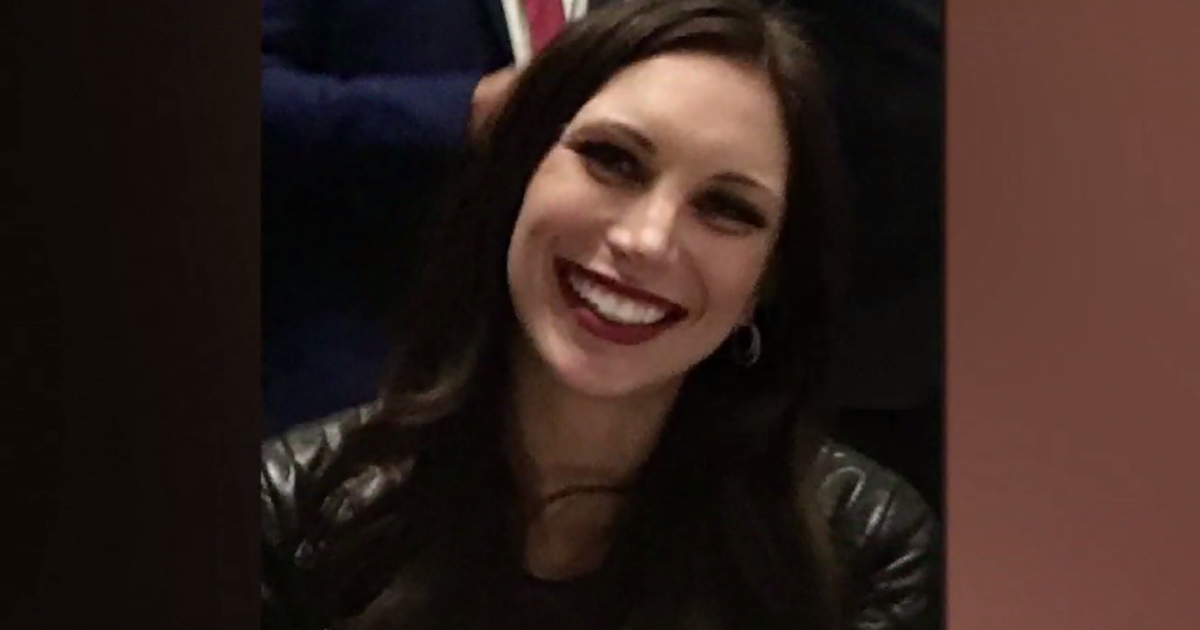Legal Scholars Split On NJ High Court Vacancy
TRENTON, N.J. (AP) -- Legal scholars disagreed Tuesday over whether New Jersey's Supreme Court chief justice has the authority to temporarily fill a high court vacancy that's at the center of a political firestorm.
Law professors Earl Maltz of Rutgers and Edward Hartnett of Seton Hall said the elevation of Appellate Division Judge Edwin Stern to the high court is unconstitutional. Meanwhile, Rutgers law professor Robert Williams said Chief Justice Stuart Rabner has the discretion to appoint an acting justice.
They debated the issue in a teleconference hosted by the Federalist Society, an organization advocating judicial restraint.
Republican Gov. Chris Christie touched off the conflict in May when he chose not to reappoint Justice John Wallace, a moderate and the court's only African American justice, saying he wanted to use his first appointment to remake the court with more conservative justices.
Christie's refusal to reappoint Wallace, who was respected by his peers and had just two years to go before reaching the mandatory retirement age of 70, infuriated Democrats. Senate President Steve Sweeney has refused to schedule a confirmation hearing for Christie's nominee, corporate attorney Anne Patterson.
The seven-member court was one justice short heading into the fall term when Rabner appointed Stern, 69, to fill in this month. Judiciary spokeswoman Winnie Comfort said no one has formally challenged Rabner's authority to make the interim appointment.
"It is the governor's position that the Senate president needs to meet his Constitutional obligation and provide a hearing for Anne Patterson," Christie spokesman Michael Drewniak repeated Tuesday.
Sweeney said he and the governor remain deadlocked.
The state Constitution permits the chief justice to appoint a temporary justice to the court "when necessary." Legal experts disagree over what the phrase means -- whether it's to meet the minimum of five justices that are required for the court to convene or guard against judicial ties.
Split decisions -- like a recent 3-3 vote over whether to consider if the state's civil union law provides equal rights to gay couples before a lower court hears the case -- aren't really ties. Split rulings mean the motion fails or that a lower court prevails.
Sweeney and other leading Democrats sounded alarm bells after Wallace's departure, accusing Christie of injecting politics into the judicial process. They claimed non-tenured judges would be cautious before issuing opinions that differed with the governor's.
The New Jersey Supreme Court is set to hear cases involving the formula the state uses to fund public education and legislative redistricting in coming months.
Maltz, a constitutional law expert, and Hartnett, who specializes in the history and practice of the U.S. Supreme Court, said it was inappropriate for Rabner to fill a vacancy by appointment when the court could convene without a seventh justice. His action dramatically changes the political dynamic of the court, they said.
Williams said the Constitution, which was ratified overwhelmingly by voters in 1947, clearly gives the chief justice "full administrative powers over all courts of the states."
Rabner and court administration declined to comment.
(Copyright 2010 by The Associated Press. All Rights Reserved.)
